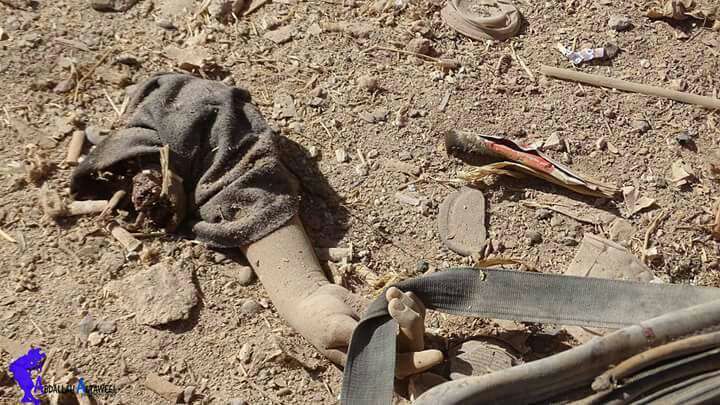COVID-19 is a slap-in-the-face reminder of that. What happened in a Chinese province, whose name was unknown to most of us, did not merely stay in that province.
I have always advocated for such a broad and inclusive understanding of the world and caring for others. I find it strange when people casually ignore anything that is not within their neighborhood. I have tried my best to advocate for vastly enlarging the radius of our mental neighborhoods. In this post in October 2016, I asked "where does the neighborhood end?"
I noted in that post that we need to look at what is happening far away "for us to be reminded that there are real people all around with real problems that are far more compelling than our problems with the overcast skies and crappy cellphone coverage."
The real problems of real people in Wuhan began in December 2019. We just assumed, as we always do, that a place far away is not in our neighborhood.
The following is an edited version of that October 2016 post.
***************************************************
Usually when I call my parents, thanks to life on opposite sides of the world, I end up calling them when they have just about wrapped up a hot breakfast, and when they are contemplating what to prepare for lunch. Usually.
Not that one day. Their lunch prep was on hold.
The preparations had to wait because the neighbor had died and they did not want to get the kitchen operations going until the body was taken away. Whatever be the religious reasons, there is a basic humanitarian reason for such a delay, which you may have already figured out. Indian cooking releases a gazillion mouth-watering aromas (or, strong odors, if you don't care for them) and such an act while the neighbor's family is sitting with the dead person is simply an awfully discourteous behavior.
In the old days, in my grandmothers' villages, one of the reasons for a quick disposal of the body was to also make sure that the neighbors were not put to a great inconvenience--after all, when tragedy strikes in our life, it is not a tragedy for everybody, right?
Which is what I want to get to in this post. Where does that neighborhood boundary end?
Tragedies happen every minute of every day all around the world. But, that does not stop us from cooking delicious meals, traveling, having sex, ... whatever. While it is a wonderful survival mechanism to make sure that we don't involved with the tragedies all around, my objective in this post is a much simpler one: For us to be reminded that there are real people all around with real problems that are far more compelling than our problems with the overcast skies and crappy cellphone coverage.
One of those tragedies was this image that appeared in my Twitter feed:
The tweet noted:
it's a kid arm holding to his bag after today's bombingYet another tragic day in Syria :(
I started following that Twitter feed after reading a Nick Kristof column, in which he had included details about a kid and her mother in Aleppo. Now, thanks to that, I am reminded every day that life is not normal in Syria. The image of a kid's severed arm lying on the ground with the fingers wrapped around a school bag is, sadly, only the latest of the horrific images that we have seen over the past couple of years.
Later, news reports provided a complete picture related to that image:
A school compound in a rebel-held part of northern Syria was repeatedly hit by airstrikes on Wednesday in an assault that monitoring groups and rescuers said had left dozens of people dead, including many children.Neither my parents nor I stop our lunch and dinner preparations in order to honor and respect the dead in Aleppo. Or in Mosul. Or in wherever. Because ... they aren't our neighbors?!
Unicef, the United Nations Children’s Fund, said the assault in Idlib Province may have been the deadliest on a school since the Syrian war began more than five years ago.
Twenty-two children and six teachers were killed in the strikes, Unicef said.

No comments:
Post a Comment